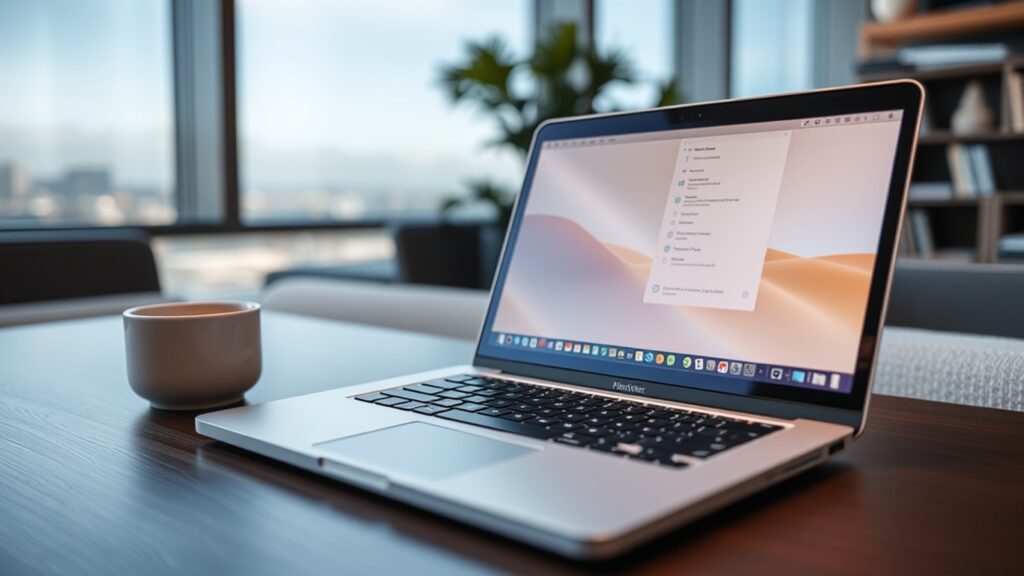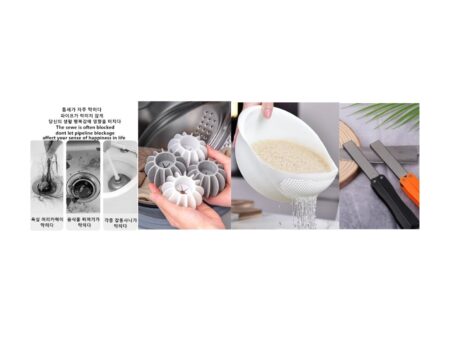
A laptop is an essential tool for work, study, and entertainment. Proper care and maintenance can significantly extend its lifespan and ensure that it performs optimally. Here are some important tips to help you take care of your laptop:
1. Keep it Clean
Dust and dirt can accumulate in and around your laptop, leading to overheating and performance issues. Regularly clean the keyboard, screen, and vents. Use a soft, lint-free cloth for the screen and a small brush or compressed air for the keyboard and ports. Avoid using harsh chemicals, as they can damage the screen.
2. Protect it from Physical Damage
Always handle your laptop with care. Use a padded laptop bag or case to protect it from scratches and impacts. Avoid placing heavy objects on top of your laptop and keep it away from the edge of tables or surfaces where it could easily fall.
3. Manage Battery Life
The battery is one of the most critical components of your laptop. To extend its life, avoid letting the battery drain completely before recharging. It’s best to keep the charge between 20% and 80%. Also, avoid using your laptop on surfaces that can block air circulation, as heat can shorten the battery’s lifespan.
4. Update Software Regularly
Keep your operating system, drivers, and applications up to date. Software updates not only add new features but also fix bugs and security vulnerabilities. Installing updates promptly ensures your laptop runs smoothly and remains secure.
5. Avoid Overheating
Overheating can damage your laptop’s components. To prevent this, always place your laptop on a hard, flat surface to allow proper airflow. Avoid using it on soft surfaces like beds or couches that can block ventilation. Consider using a laptop cooling pad for additional airflow.
6. Back Up Your Data
Data loss can occur due to hardware failure, malware, or accidental deletion. Regularly back up important files to an external hard drive or a cloud storage service. This ensures you have a copy of your data in case something goes wrong with your laptop.
7. Use Antivirus Software
Protect your laptop from malware and viruses by installing reliable antivirus software. Regular scans can detect and remove harmful software that may slow down your laptop or compromise your personal information.
8. Safely Shut Down
Avoid forcefully shutting down your laptop by pressing and holding the power button, as this can cause data loss or system corruption. Always shut down your laptop through the proper operating system method, and give it enough time to power off completely.
9. Monitor Storage Space
A laptop with a full hard drive can slow down and have difficulty running programs. Keep an eye on your storage space and regularly delete unused files, temporary files, and old applications. Consider using cloud storage or an external drive to offload larger files.
10. Be Mindful of Power Surges
Power surges can damage your laptop’s components. To protect your device, use a surge protector when plugging it into an electrical outlet. This can help prevent costly repairs or hardware damage from sudden power fluctuations.
Taking care of your laptop requires regular attention and proper handling. By following these simple maintenance tips, you can keep your laptop in good working condition for years to come, ensuring it remains a reliable tool for both work and play.






